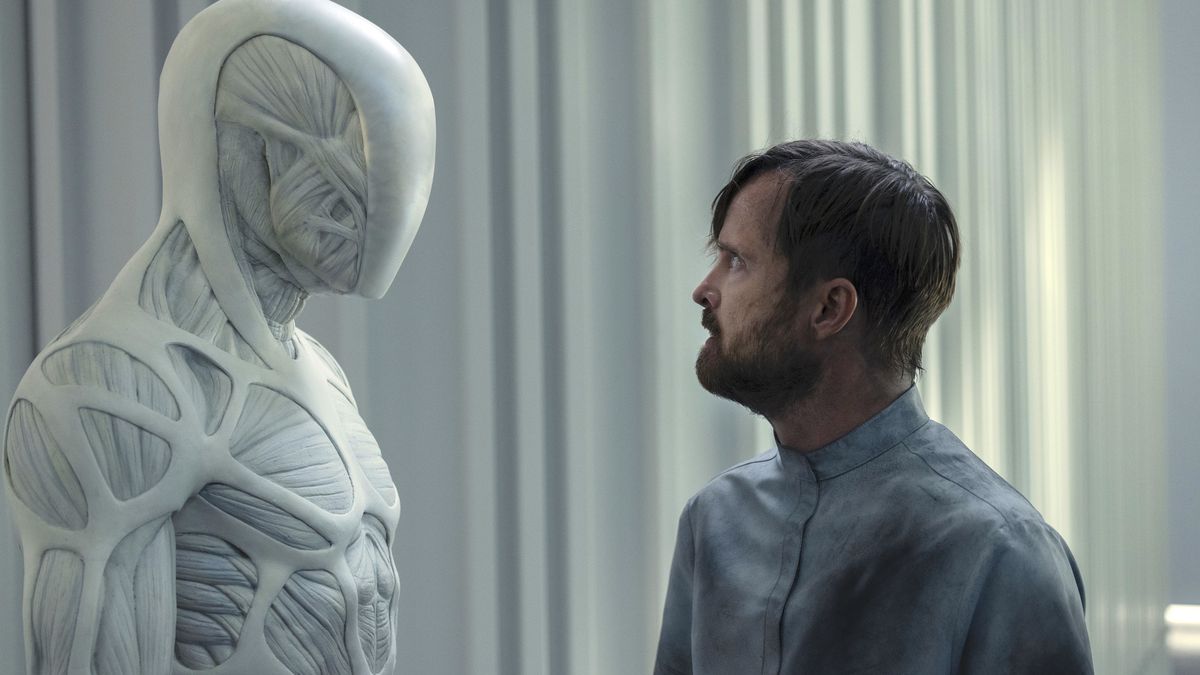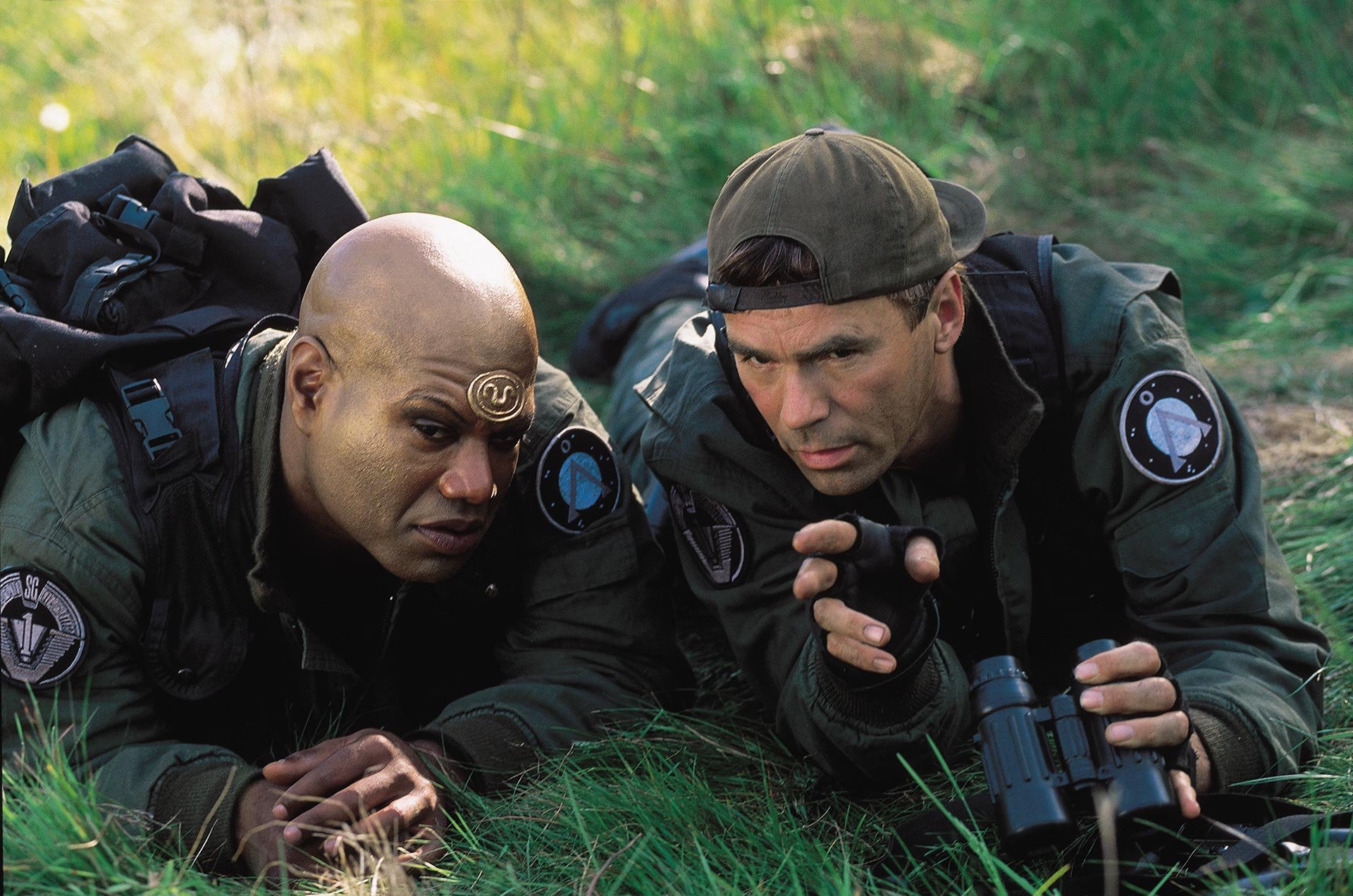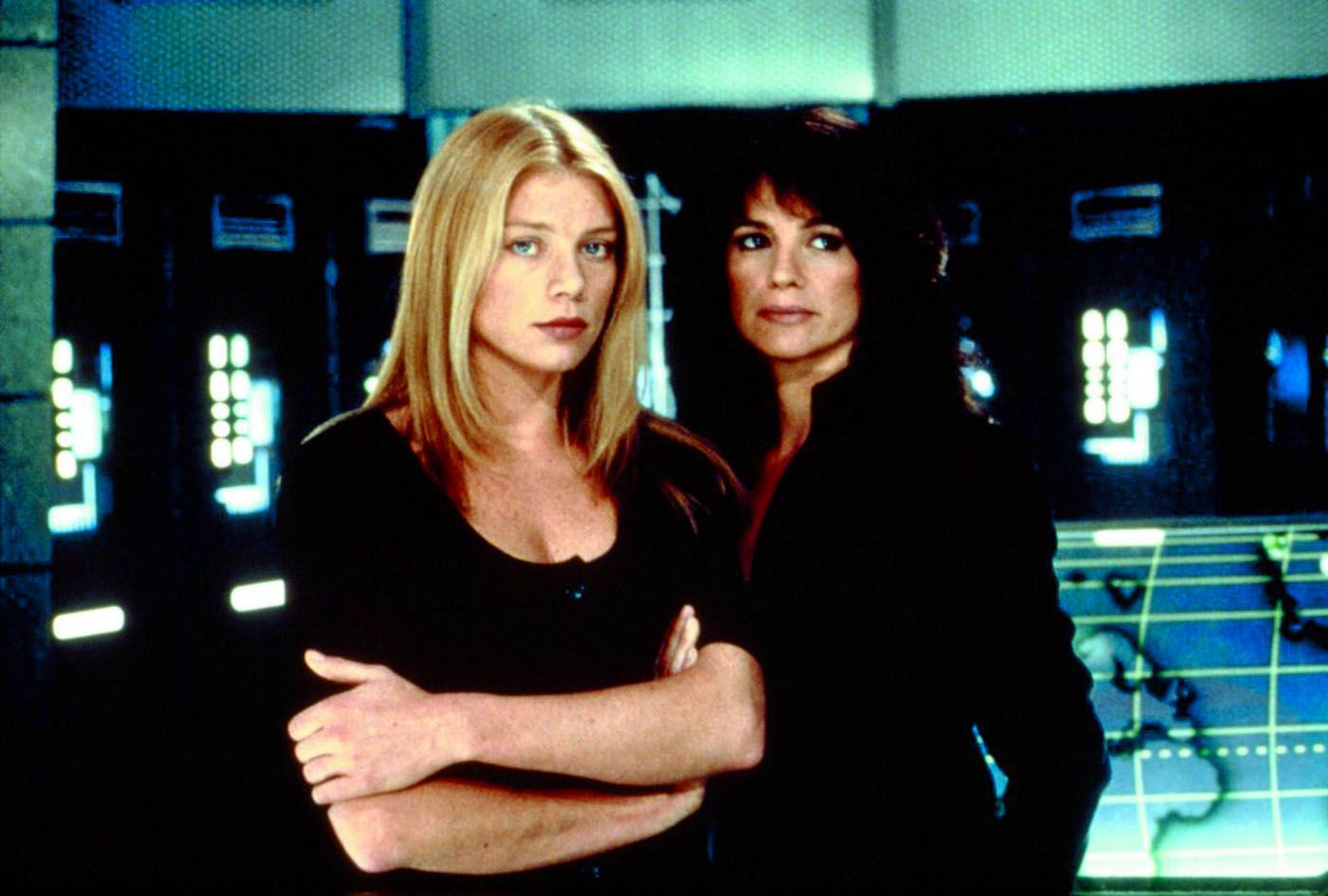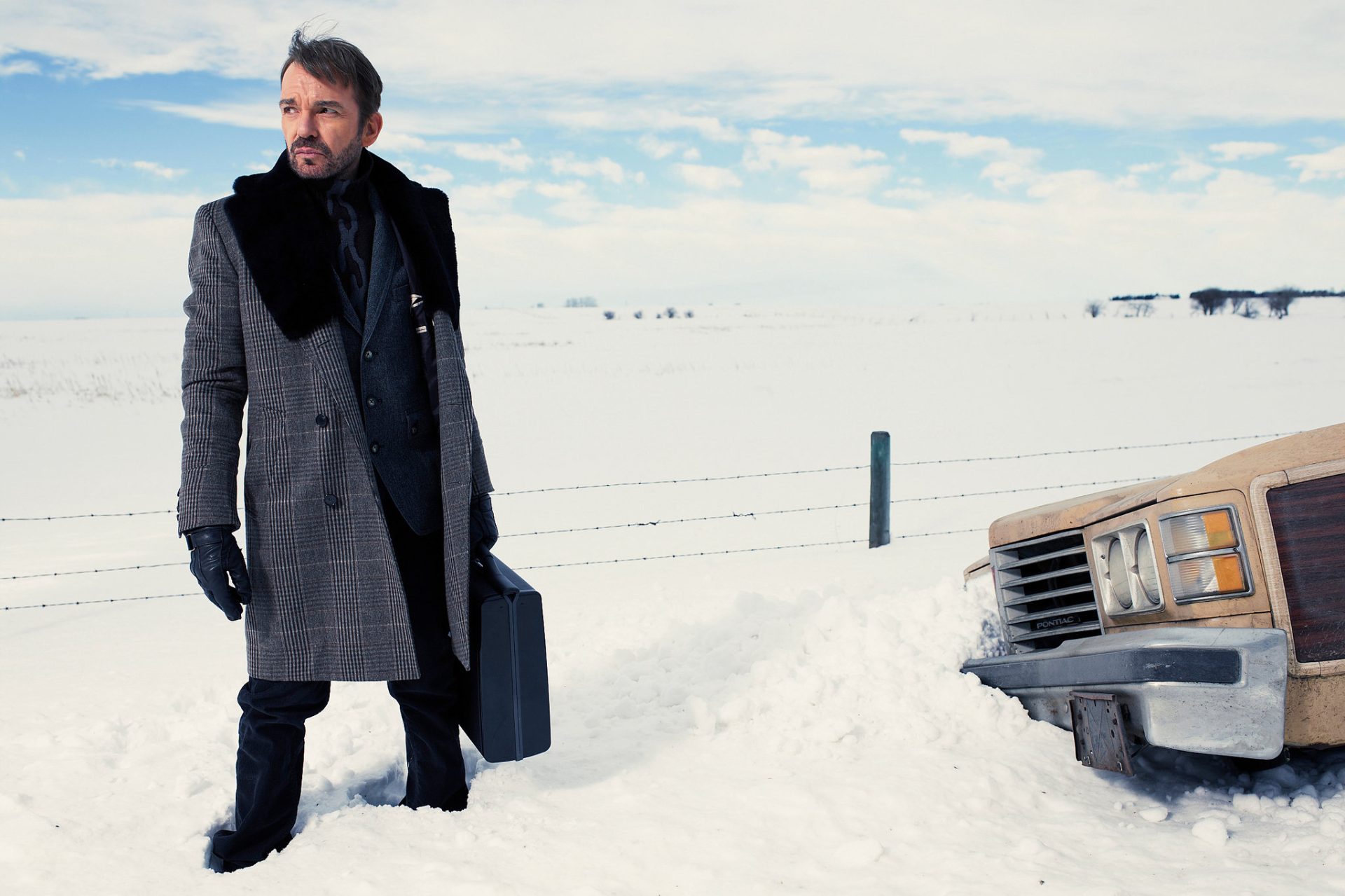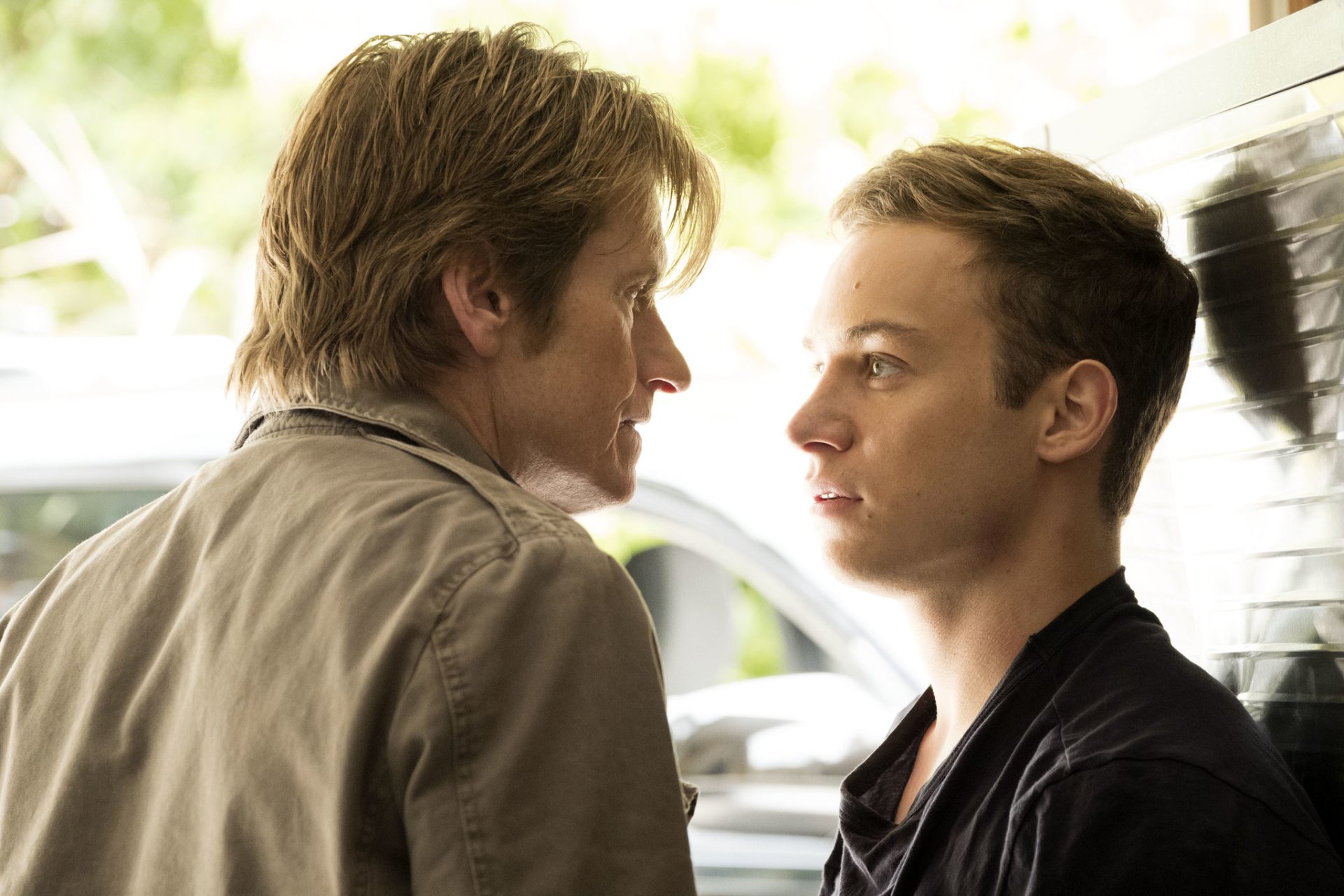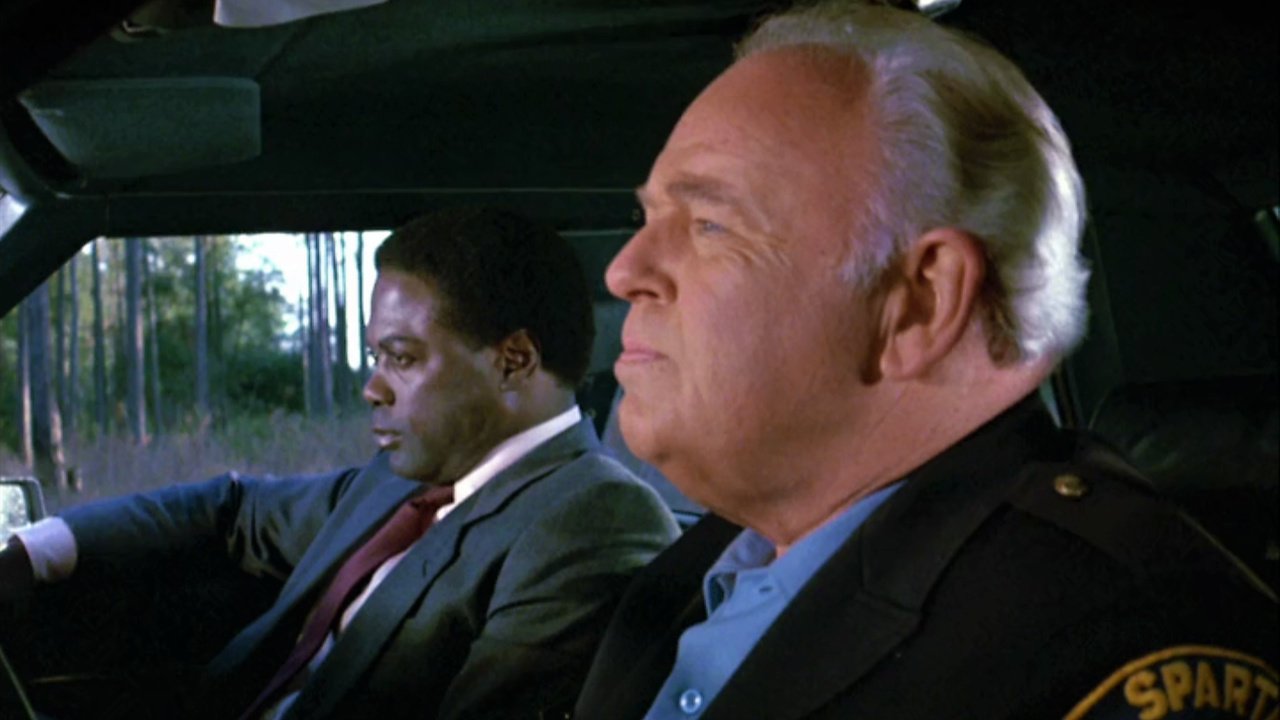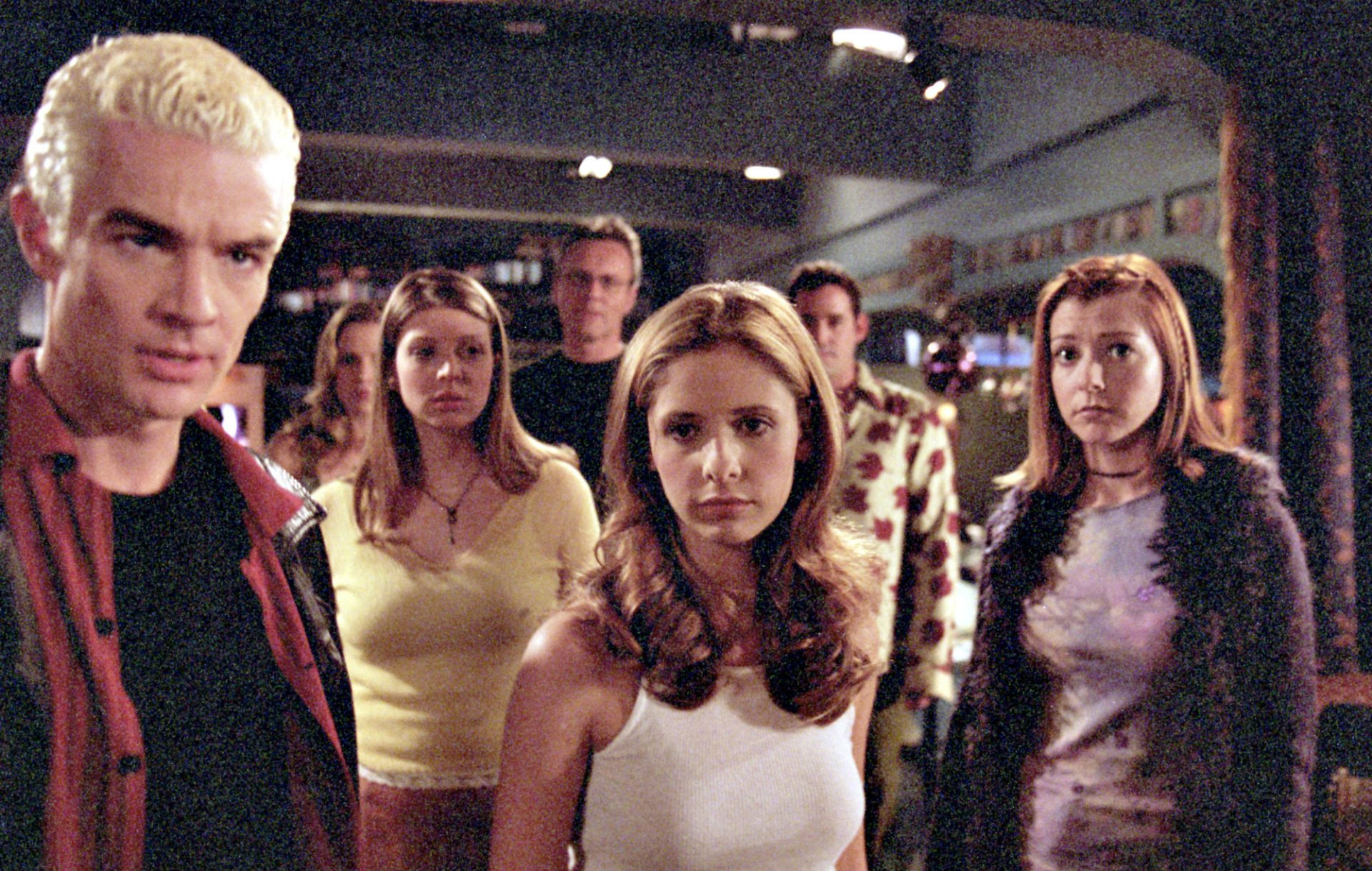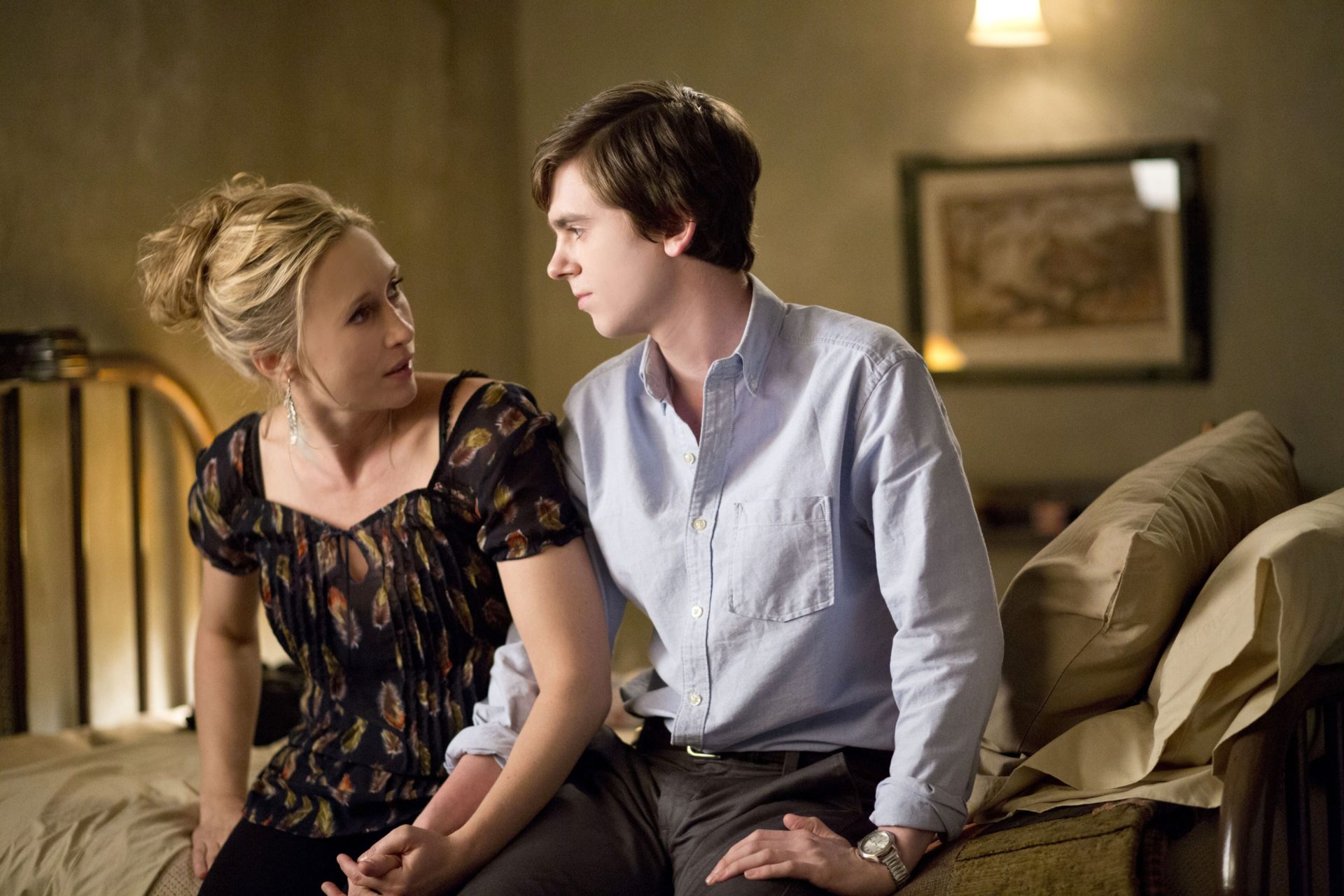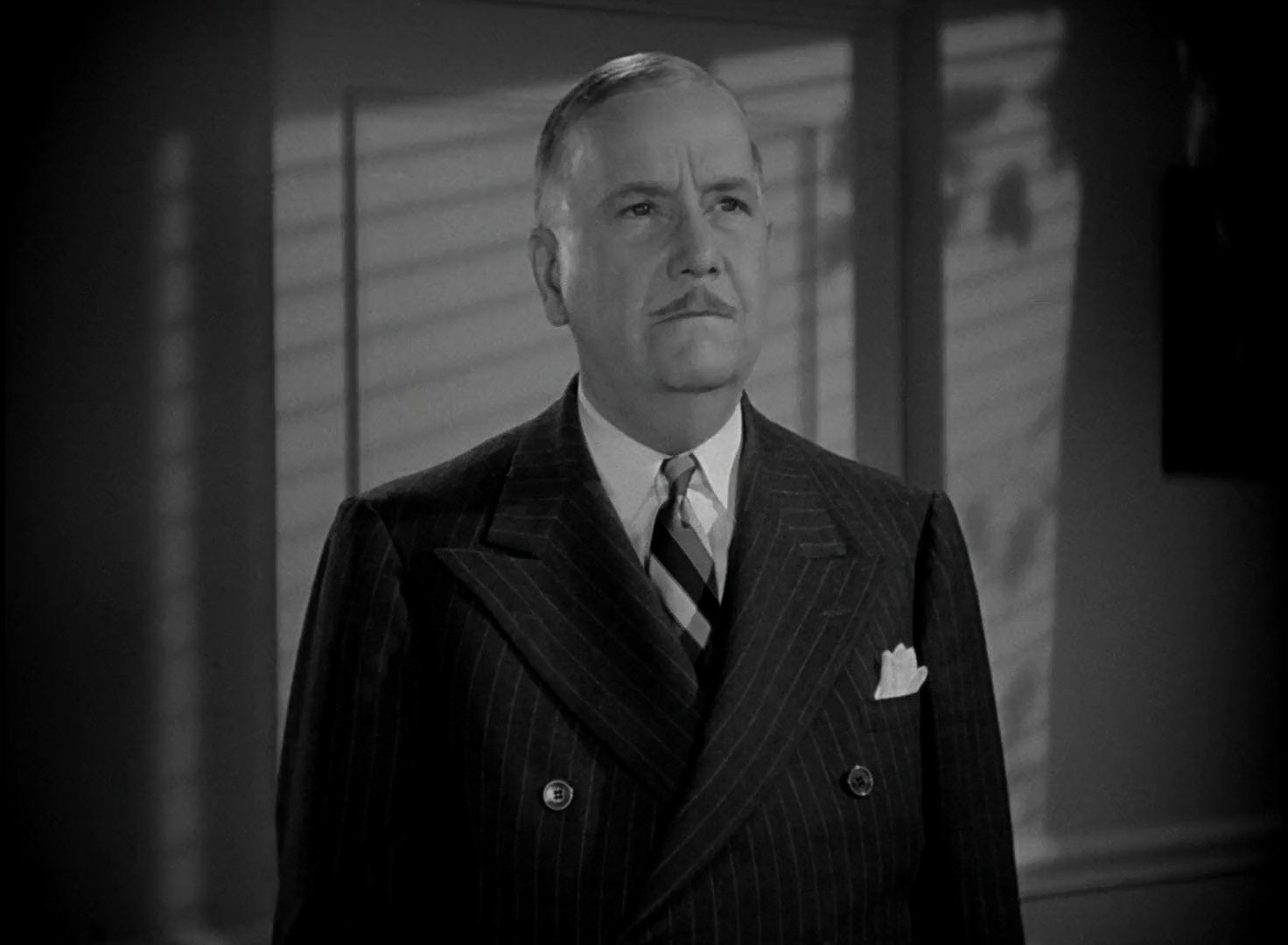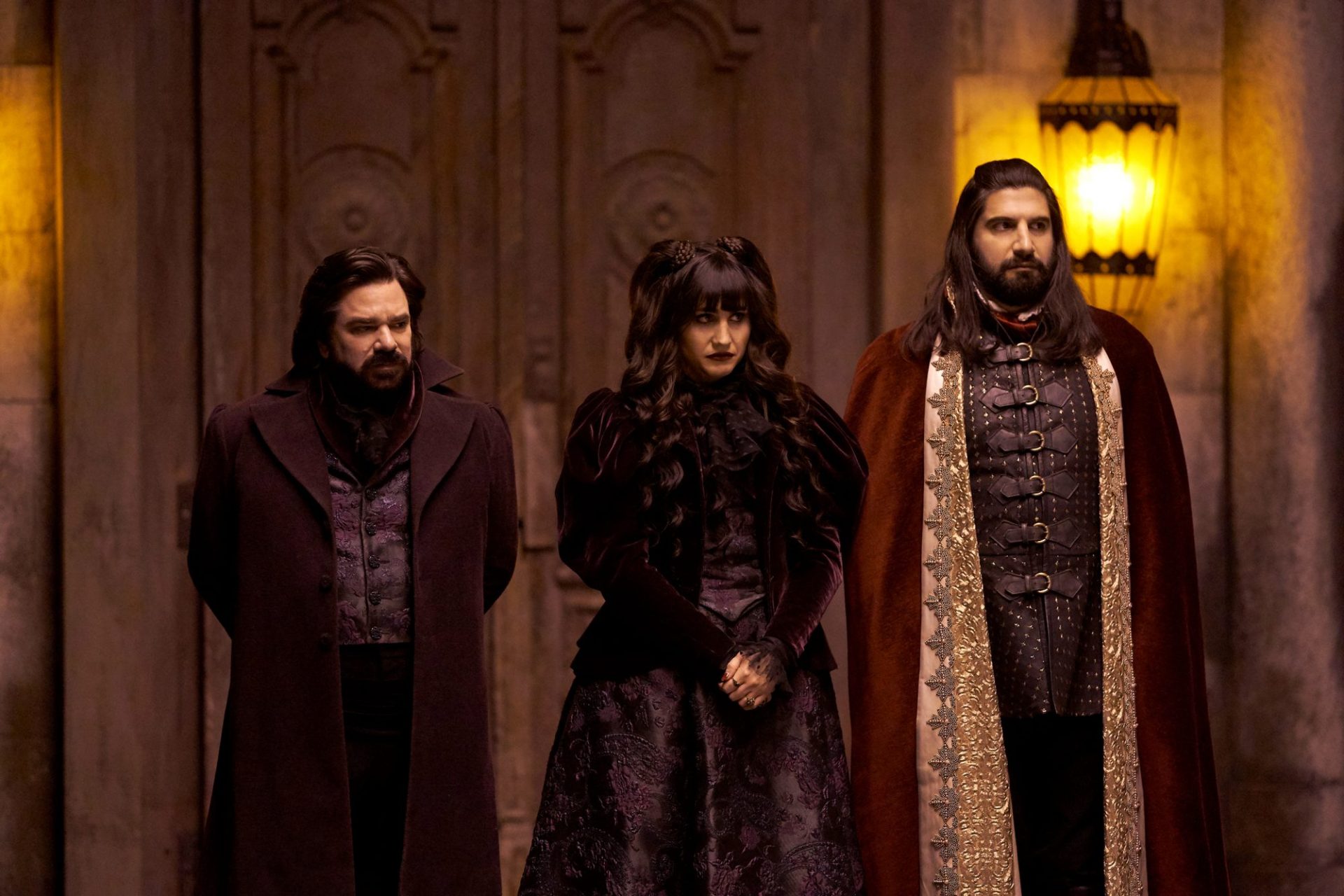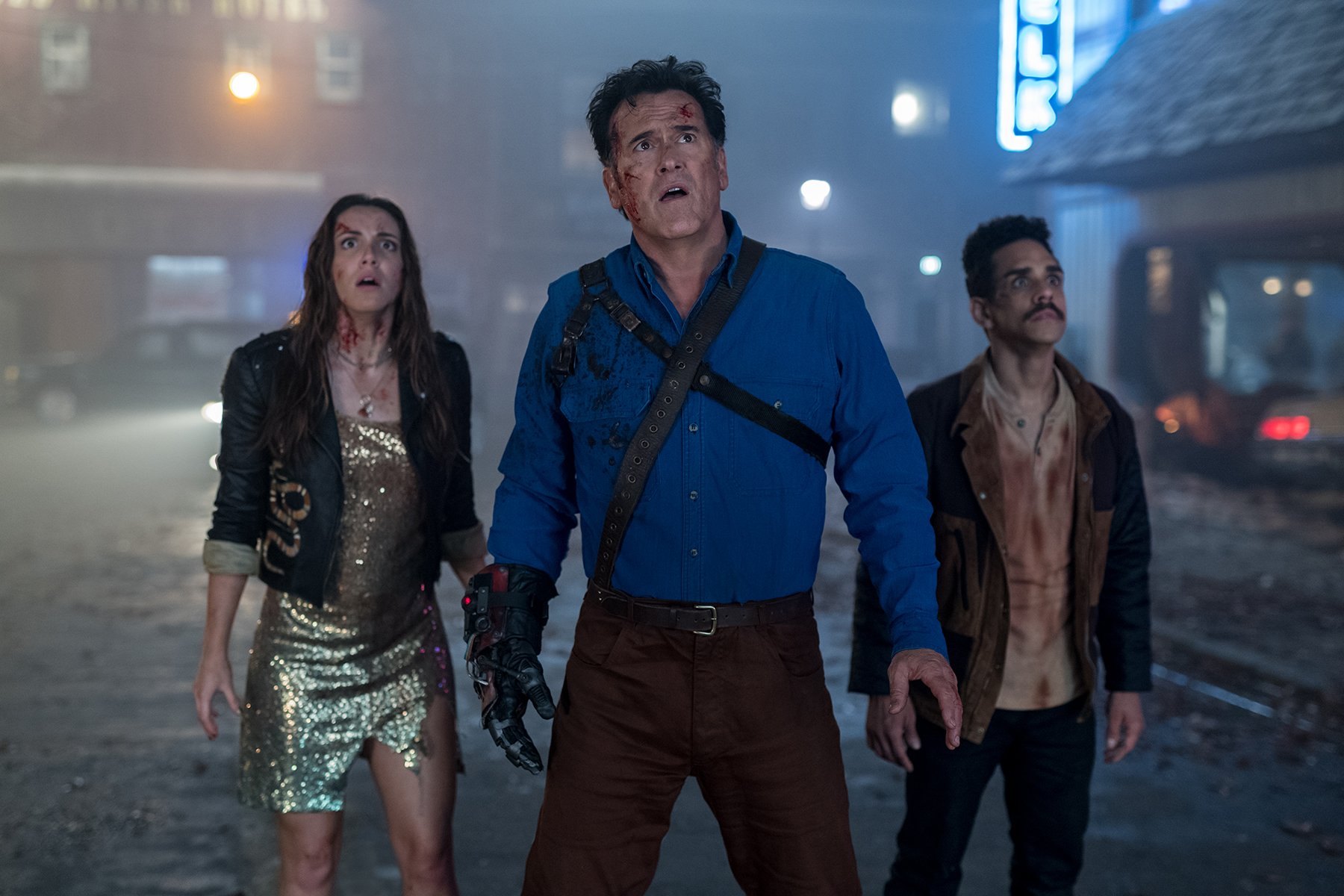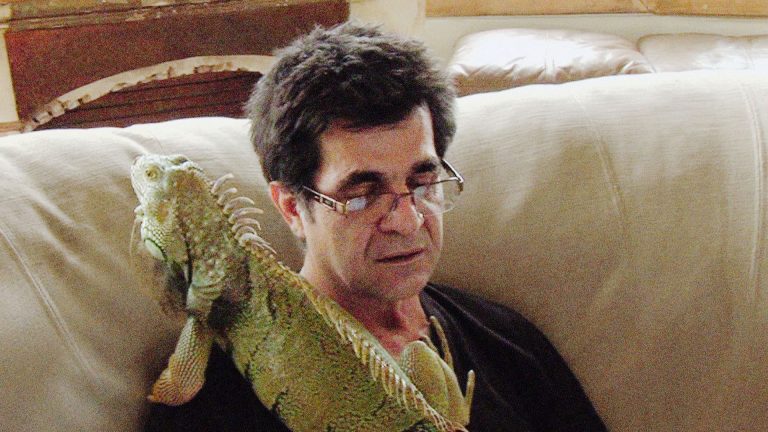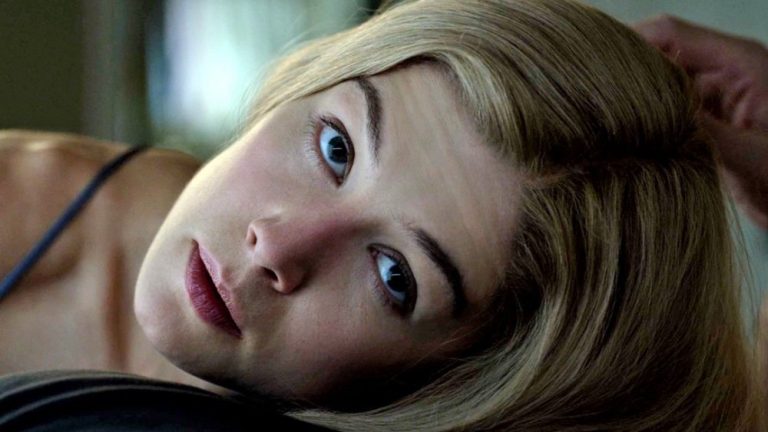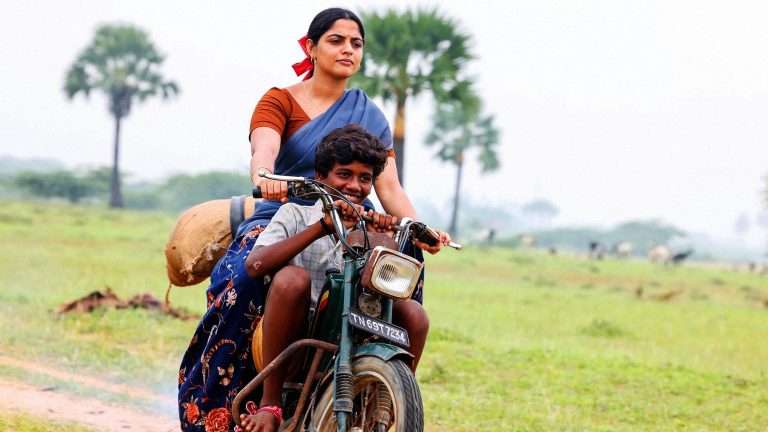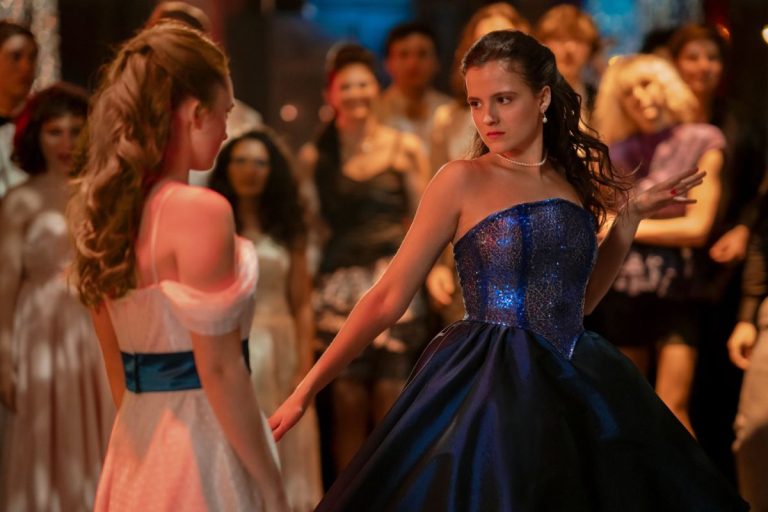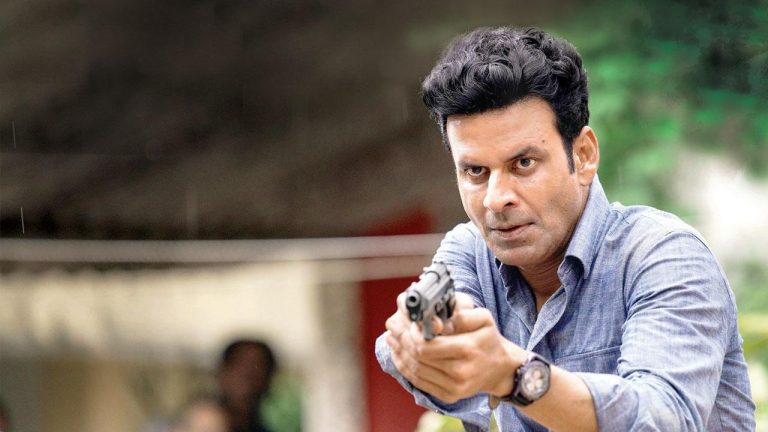15 Best TV Shows Based on Movies: The practice of adapting movies into television shows is a phenomenon that has been around for a while—some earliest examples of such adaptations date back to the 1950s and 1960s. Adapting movies into TV shows allows creators to expand upon the characters and storylines of the original film while also providing viewers with a new and engaging way to experience the story. Additionally, the story format can allow a more complex exploration of themes and storylines than a two-hour movie.
Adapting a movie into a TV show requires balancing between honoring the source material and creating something new and engaging. One of the biggest challenges is staying true to the original film’s essence while expanding upon its world and characters. It can be challenging if the audience loves the film and features a distinct style or tone. Fans of the original movie may have high expectations for a TV show adaptation, and any missteps or changes to the source material can be met with backlash. The show-runners and writers need to balance the fans’ expectations with the need to create something new and unique.
One of the earliest examples of a movie being adapted into a TV show was Casablanca, which was turned into a short-lived series in 1955. The show, which starred Charles McGraw and Marcel Dalio, was not well-received by audiences or critics and was canceled after just one season.
In the 1970s and 1980s, a wave of TV shows was adapted from popular movies, such as The Odd Couple, Alice Doesn’t Live Here Anymore, and Private Benjamin. Many of these adaptations were successful, with The Odd Couple, in particular, becoming a beloved classic. In the 1990s and 2000s, there was another wave of movie-to-TV adaptations, with shows like Buffy the Vampire Slayer, Stargate SG-1, and Fargo all finding critical and commercial success. These shows were praised for their ability to expand upon the original film’s characters and mythology while also exploring new and exciting storylines.
In the 1980s and 1990s, popular movies were adapted into TV shows, with shows like The Karate Kid, Dirty Dancing, and Ferris Bueller’s Day Off all getting their TV adaptations. In recent years, this trend has continued with shows like Hannibal and Westworld.
More recently, there has been a trend of adapting movies into TV shows to extend the franchise beyond the original film. Shows like Bates Motel, Hannibal, and Westworld have all been praised for their ability to reinvent the source material in a fresh and exciting way. 2022 also featured Irma Vep, the movie being turned into a TV show of the same name. TV shows based on films in 2023 include Cobra Kai, Homecoming, and What We Do in the Shadows.
Recommended Read: The 10 Best Miniseries of 2022
However, not all movie-to-TV adaptations have been successful. Shows like Uncle Buck, Rush Hour, and My Big Fat Greek Life have all been criticized for lacking the same quality as the original film and for failing to capture the essence of what made the movie so beloved.
The trend of adapting movies into TV shows has been a mixed bag, with some adaptations finding critical and commercial success, while others have failed to live up to the original film’s legacy. However, when done right, these adaptations can provide viewers a new and engaging way to experience a beloved story. In this piece, we get down to business and present to you those great TV shows adapted from movies.
Sci-fi Genre
This segment of television shows focuses on TV shows adapted from sci-fi movies. It is tricky because if the source material and themes are the same, fans of the originals can find the TV show repetitive. That has happened with endeavors like Robocop, Total Recall, and Blade, all of which were based on successful movies, but the adaptations could not replicate the same taste.
But then, some successful instances that one can recall instantly are Battlestar Galactica, the Star Wars and Star Trek franchises, and also the recently released 12 Monkeys.
1. Westworld (2016-22)
Westworld earned praise for its complex storytelling, thought-provoking themes, exceptional performances, outstanding production value, and creative direction. The show’s unique blend of science fiction and Western genres, combined with its exploration of complex philosophical questions, has made it a standout series in the current television landscape. Like the film, the TV show explores the themes of artificial intelligence, consciousness, and the nature of reality.
Westworld’s story is intricate and multi-layered, with multiple timelines, hidden agendas, and unexpected twists and turns. The show’s non-linear storytelling and unreliable narrators keep viewers engaged and guessing throughout the series. While the TV show takes some liberties with the original movie’s plot and characters, it is mainly faithful to the film’s spirit.
Evan Rachel Wood, Thandie Newton, and Anthony Hopkins give powerful performances throughout the show. The actors’ portrayals of their characters’ inner turmoil and moral dilemmas have been praised for their nuance and complexity. Such is HBO’s immaculate production style; Westworld has stunning visuals, intricate set design, and impressive special effects.
Series co-creator Jonathan Nolan uses all his movie-making experience to make Westworld a grand show. His maturity and depth in storytelling are reflected in the show’s use of long takes, tracking shots, and other visual techniques to create a sense of immersion and realism rarely seen on television.
2. Stargate SG-1 (1997-2007)
Stargate SG became hugely popular during its runtime of nearly a century. It was one of those rare occasions where the translation was so impactful it overshadowed the source movie. At the outset, the world-building exercise in the television show easily trumped the similarly complex and nuanced effort in the movie.
Creators Brad Wright and Jonathan Glassner brought renewed sensibilities and a fresh perspective to the project taking the basic concept of the movie – that a secret government agency has discovered a portal to other planets – and expanding it into a vast and intricate universe. The show introduces new alien races, technologies, and cultures with each new world the team visits, and these elements are often used to explore more prominent themes and issues.
This adaptation also stands out for being sentient and having heightened awareness. The choice in writing dialogue and staging conversations gave a chance to the writers to poke fun at genre conventions. Their injection of humor complemented the overall storytelling. It remains a beloved classic of the genre and is well worth watching for fans of science fiction and action adventure.
Action Genre
Action is the most palatable form of cinema and television. It has the largest fan base and caters to a mass mentality. However, it is just as simple to get it wrong. A lack of renewed invention meets the abundance of opportunity. Films like Mission Impossible and John Wick have changed the narrative somewhat, uncovering a new landscape for the action genre. TV shows based on action movies are plenty in number. Lethal Weapon, Rush Hour, The Transport, and Taken are some decent shows from recent history, although none of them makes our list.
3. Cobra Kai (2018-23)
Cobra Kai is a television show that is a sequel to the popular 1980s movie franchise The Karate Kid. The show first premiered on YouTube Premium in 2018 and has since been acquired by Netflix, where it has become a massive hit. Imagine going from the biggest brand in digital streaming to the second biggest brand and blowing up.
The show picks up several decades after the events of the original Karate Kid movies. It follows the rivalry between former high school classmates Daniel LaRusso (played by Ralph Macchio) and Johnny Lawrence (played by William Zabka). Daniel is now a successful businessman who owns a chain of car dealerships, while Johnny is a down-on-his-luck handyman. When Johnny reopens the Cobra Kai karate dojo and starts teaching a new generation of students, he reignites his feud with Daniel, and the two begin a new battle for supremacy.
Cobra Kai’s ability to balance nostalgia with modern storytelling makes it stand out. While the show is packed with references and callbacks to the original movies, it also introduces new characters and storylines that feel fresh and relevant. In addition, the show’s writing is surprisingly nuanced, with well-developed characters and a willingness to explore complex themes like redemption, forgiveness, and generational conflict.
4. La Femme Nikita (1997-2001)
La Femme Nikita is a television series that follows the story of a young woman named Nikita, whom a secret government agency recruits to become a highly trained assassin. The show features a lot of action sequences, and the style of action varies throughout the series. Luc Besson’s 1990 movie of the same name was first adapted for television in 1997 (the said TV show) and also in 2010 again. The new project was helmed by the impressive Maggie Q and was rebooted as simply Nikita.
The action in La Femme Nikita is often characterized by its intensity and realism. The fight scenes are choreographed to look realistic, with the characters using various martial arts techniques, weapons, and tactics. The show focuses on hand-to-hand combat and stealthy infiltration missions, creating a tense and suspenseful atmosphere.
The action sequences in La Femme Nikita are also notable for their use of practical effects. La Femme Nikita and its creators rely on real-world stunts and physical effects rather than computer-generated imagery, giving the action a more grounded and gritty feel.
Drama/Crime Genre
TV shows adapted from movies in the drama and crime genres offer a compelling and intriguing viewing experience for audiences. These adaptations often provide a new perspective on the source material and can explore the themes and characters in greater depth. Additionally, the episodic format of TV allows for more cliffhangers and plot twists, keeping viewers engaged and invested in the story over a longer period of time.
The ability to explore social issues and commentary increases manifold for such adaptations. With more episodes to work with, showrunners can delve into topics such as race, class, gender, and politics, creating a more thought-provoking viewing experience. The Bridge, Training Day, and Snowpiercer are some amazing works in this category.
5. Fargo (2014 – present)
Noah Hawley got the Coen brothers’ blessing while feeding his newborn baby over the phone. That was crucial as without that, the creator-writer-director could not have gone ahead with his version of the classic 1996 film, allegedly based on a true story. Fargo, the movie, didn’t have groundbreaking narrative or visual effects. It does not have one defining inkling that makes people remember as they do with films like Silence of the Lambs and The Usual Suspects. Fargo is not the sum of its parts but a collective genius that veers dangerously on the precipice of parody and satire. Its stirring creation and execution is the hallmark of the Coens’ style and understanding of cinema.
While both the TV show and the movie share some similarities in tone, style, and setting, several significant differences also set them apart. The film and the TV show are centered around a crime in a small Minnesota town and the various characters involved in the aftermath. The quirky, off-beat humor that is characteristic of the Coen brothers’ films is also present in the TV show, as is the use of cold, snowy landscapes to heighten the tension and sense of isolation.
However, the TV show diverges from the movie in significant ways. For one, the TV show features a new cast of characters and a new storyline with each season, while the movie focuses on a single story. Additionally, the TV show expands on the original film’s themes, exploring issues of morality, justice, and the corrupting influence of power in greater depth. But it also means that the TV show can sometimes feel slow or meandering compared to the tight pacing of the movie. The TV show also features more complex, nuanced characters, with the various players in the story often struggling to reconcile their actions with their own moral compass.
Fans of the movie will appreciate the show’s off-beat humor and snowy landscapes but may also find the expanded storylines and deeper character development a welcome change. Ultimately, the TV show stands on its own as a unique and engaging exploration of the themes and ideas that made the original film so compelling.
6. Animal Kingdom (2016-22)
Australian drama Animal Kingdom was David Michod’s excruciating neo-noir crime tale about the Pettingill crime family in Melbourne. Jacki Weaver’s performance as the matriarch spear-headed a host of gripping portrayals, adding to the film’s strength. As good as the film was, Jonathan Lisco’s TV adaptation did many things right. Stretching over six seasons, Lisco expanded the universe greatly and extracted more drama from each strand of Michod’s chilling universe.
Animal Kingdom features plenty of intense and action-packed scenes, including heists, shootouts, and high-speed chases. These sequences are expertly choreographed and add to the show’s overall excitement and suspense.
One of the central themes of the show is family. The Cody family is a tight-knit group, bound together by blood and a shared criminal enterprise. Naturally, their family dynamic is far from traditional, as they engage in illegal activities and operate outside of the law. The show explores the complicated relationships between family members, including the tensions and conflicts that arise when different members have differing opinions or motivations.
The characters in Animal Kingdom are not simply good or bad; they have complex motivations and backstories that make them feel multi-dimensional. As the series progresses, viewers learn more about each character and their relationships, which adds to the show’s overall depth.
The 25 Best TV Shows of 2021
Loyalty and morality are strong brands of Animal Kingdom’s exposition. More often than not, it challenges its characters in a confronting manner. It is particularly evident in the character of J, the newest member of the Cody family, who struggles to reconcile his loyalty to his criminal family with his moral code and desire for a more traditional life.
Since the Cody family operates on the fringes of society, using their criminal enterprise to gain power and control over others, power has been shown as a consuming feature of the universe. Quite like Succession and Breaking Bad, the more power a character seeks, the deeper he drowns in debt to their darker side.
7. In the Heat of the Night (1988-1995)
In the Heat of the Night was a groundbreaking television series that premiered in 1988 and ran for seven seasons. The show dealt with issues of race, class, and justice in a small southern town, and it was notable for its diverse cast and progressive themes. Sidney Poitier’s iconic role in the 1967 film that the TV show is based on has a timeless appeal. Howard Rollins took over the role but perhaps could not match Poitier’s incredible intensity.
Despite its critical success, In the Heat of the Night faced some controversy during its original run. Some viewers felt that the show’s portrayal of racism was too heavy-handed or unrealistic, while others felt that the show was not doing enough to address the issue of police brutality. Even though the film had a suspense element established due to the film conventions at the time, the show’s formulaic approach to storytelling made it predictable and lacking in depth to some extent.
However, despite these criticisms, In the Heat of the Night remained a popular and influential television series throughout its run. The show’s commitment to tackling important social issues helped to pave the way for other television shows that would follow in its footsteps.
Horror/Supernatural genre
One of the benefits of adapting a horror or supernatural movie into a TV series is the opportunity to explore the concepts and themes of the source material in greater depth. In addition, adapting a movie into a TV series allows for more time to develop the world and mythology of the story. This is especially important in horror and supernatural genres, where the setting and rules of the universe play a significant role in the narrative.
Notable examples of horror and supernatural TV shows adapted from movies include Hannibal, The Exorcist, and From Dusk Till Dawn: The Series. These shows have taken the concepts and themes from their source material and expanded upon them in new and exciting ways, creating compelling stories and memorable characters that have captured the imagination of audiences around the world.
8. Buffy the Vampire Slayer (1997-2003)
Buffy, the Vampire Slayer, is a television series that has captivated audiences since its debut in 1997. Created by Joss Whedon, the show follows the story of Buffy Summers, a teenage girl who discovers that she is the Chosen One, a slayer tasked with fighting vampires and other supernatural creatures that threaten the world.
One of the most striking aspects of Buffy the Vampire Slayer is its unique blend of horror, comedy, and drama. The show is able to seamlessly shift between these different genres, creating a world that is both dark and funny, scary and heartwarming. This is due in no small part to the show’s exceptional writing and Whedon’s singular vision.
The characters in Buffy, the Vampire Slayer are also a major reason why the show has endured for so long. Buffy herself is a strong and complex female lead whose struggles with her destiny and relationships make her relatable to viewers. Her friends and allies, including the lovable Xander, the bookish Willow, and the mysterious Angel, all add depth and nuance to the show’s ensemble cast.
The show’s villains are equally compelling. From the Master to Drusilla to Spike, the villains in Buffy are often more than just one-dimensional bad guys. They have their own motivations, fears, and desires, making them just as interesting to watch as the heroes.
The show’s themes are also timeless and resonant. Buffy, the Vampire Slayer, tackles issues such as identity, loss, love, and the struggle between good and evil. These themes are explored in a thoughtful and nuanced way without ever feeling preachy or heavy-handed.
Buffy, the Vampire Slayer, has inspired countless other TV shows, movies, and books, and its influence can still be seen today. Its legacy is a testament to the power of great storytelling and the enduring appeal of well-crafted characters.
9. Bates Motel (2013-17)
Bates Motel is a television series that serves as a prequel to Alfred Hitchcock’s classic film Psycho. The TV show is based on the book and movie relating to the same story. The show explores the life of Norman Bates and his mother, Norma, before the events of the film, providing a deeper understanding of their characters and their relationship. While the show takes some liberties with the original story, it remains a faithful companion piece to the film.
One of the main comparisons between Bates Motel and Psycho is the portrayal of Norman Bates. In both the film and the television show, Norman is portrayed as a complex and troubled character, struggling with mental illness and a close, often unhealthy relationship with his mother. However, in the television show, we get to see more of Norman’s backstory and how his relationship with his mother developed over time. We also see how his mental illness progresses and eventually leads to the events depicted in the film.
Norma and Norman’s motel serves as a central location and a source of tension and unease. The motel is depicted as a creepy and isolated place with a history of strange happenings and unsavory guests. In the television show, we see more of the day-to-day operations of the motel being carried out by the mother-son duo. The show’s aesthetics turn the motel into a symbol of isolation and societal detachment.
10 Great Shows Set in Small Towns like Midnight Mass on Netflix
Another similarity between “Bates Motel” and “Psycho” is the focus on the relationship between Norman and his mother. In both works, Norman’s mother is a dominant and controlling figure in his life, and their relationship is fraught with tension and dysfunction. The mother-son dynamic is at the heart of both works, and it serves as a driving force behind the events that unfold.
While Psycho is a classic horror film and uses tension, suspense, and shock to scare the audience, Bates Motel has different storytelling elements at play. It focuses more on the psychological motivations and behavior of its characters, lending the show a little more maturity.
10. Hannibal (2013-15)

Hannibal is a TV show based on the book and movie about the central cannibalistic psychologist. Sir Anthony Hopkins’ scary rendition of the character inspired a drastic change in the characterization of serial killers and antagonists in general.
One of the most notable aspects of “Hannibal” is its stunning cinematography and visual style. The show’s use of color, lighting, and framing creates a dark and dreamlike atmosphere that is both unsettling and beautiful. Its visual style is both unique and masterful, and it sets Hannibal apart from other television shows.
The exceptional writing features sharp dialogue and clever plot turns. But the most endearing quality is the dynamic between Will and Hannibal. The way these characters interact with each other and sort of telepathically inch closer is riveting. It is difficult to recall if a relationship has been portrayed with complexity on television before. Hannibal’s storytelling is sophisticated and nuanced, exhibiting a masterful balance of the procedural elements of the show with its more philosophical and psychological themes.
Mads Mikkelsen delivers a chilling performance as the titular character. He brings different sensibilities to Hannibal, and unlike Hopkins, makes him less sensational and theatrical. But even then, the haranguing sense of morbidity looms whenever Hannibal tries to do something he “loves.” Hugh Dancy is equally impressive as Will Graham, a troubled FBI profiler who becomes obsessed with capturing Hannibal. The chemistry between Mikkelsen and Dancy is electric, and their dynamic is one of the show’s greatest strengths.
Themes of identity, morality, and human nature are at the show’s core psychology. Hannibal is a truly unique television show. Its blend of horror, crime, and psychological drama is unlike anything else on television. The show’s willingness to take risks and push boundaries makes it a refreshing and exciting viewing experience.
11. Teen Wolf (2011-17)
Such is the Teen Wolf continuum that a full-fledged television show was carved out of the 1985 film for almost six seasons. Now, this year has seen another movie continuation. What’s more interesting is that we could very well see more sequels in the future. As tacky as that may be, the TV show Teen Wolf remained immune.
Teen Wolf is not just a horror or supernatural show, it also blends elements of drama, romance, and comedy. The show has a good balance of humor and seriousness, and it is not afraid to explore complex themes like friendship, loyalty, and identity. Its endless mythological universe managed to remain intriguing and kept springing up new surprises for the viewers.
12. Irma Vep (2022)
Revisiting a project that has caused you suffering takes a lot of courage and a willingness to overlook past emotions. Director Oliver Assayas went back to his film Irma Vep, hoping to finally move on and find peace. This act of introspection is captured in the new series about his life, which blends personal journey, insecurities, and opinions on the evolving nature of art.
HBO’s eight-part miniseries follows Rene Vidal’s sets, and Alicia Vikander delivers a stunning performance as Mira Harberg and Irma Vep. However, the story takes a backseat to a critical and didactic tone that explores the director’s life, statistics, algorithms, increasing popcorn content, and a forgotten culture of movie-making that once transported viewers to spiritual places.
Assayas highlights the groundbreaking performance of Musidora in Les Vampires and laments the industrialization of content in modern cinema, which prioritizes monetary gain over clever inventiveness and courage. He notes that the current generation of filmmakers has lost sight of the importance of these qualities, which were once critical to the art form.
Comedy genre
Comedy TV shows adapted from movies have become increasingly popular in recent years. These shows take a successful movie and extend its premise, characters, or universe into a new format that allows for more in-depth exploration and development. By keeping the humor and characters that made the movie popular, these shows can capture the same magic while also creating something new and exciting.
“Clueless,” a popular 1995 film, was adapted into a TV show that ran from 1996 to 1999. The show focused on the same characters and premise as the movie but expanded the storyline and added new elements. Although it was not as successful as the film, it still has a dedicated fan base and is remembered for its witty dialogue and endearing characters.
The Odd Couple is a classic example of a comedy TV show adapted from a movie. The original 1968 film starred Jack Lemmon and Walter Matthau as two mismatched roommates who drive each other crazy. Dear White People (2016-2021) too treads along a similar path, although the show’s contrivances were found out in the four seasons.
13. Topper (1953-55)
The show follows the lives of George and Marion Kerby, a wealthy couple who are killed in a car accident and return as ghosts to haunt their friend Cosmo Topper, a mild-mannered banker.
The series is a lighthearted and whimsical take on the ghostly comedy genre. Leo G. Carroll is charming in his portrayal of Cosmo Topper, who is always at odds with the mischievous Kerbys, played by Robert Sterling and Anne Jeffreys. The chemistry between the actors is delightful, and they play off each other well.
One of the strengths of the show is its clever use of special effects. The ghostly antics of the Kerbys are well-executed for the time, and their interactions with the physical world are often comedic and entertaining. The film’s use of double exposure and trick photography was groundbreaking for its time and helped to set a new standard for special effects.
The show’s writing is also a highlight, with witty dialogue and humorous situations that keep the audience engaged. The show’s creators were able to strike a balance between slapstick humor and clever wordplay, making it appealing to both children and adults.
While it may feel dated by modern standards, Topper remains a charming and entertaining classic that showcases the talent of its cast and crew. It’s a delightful reminder of a simpler time in television history, and a must-watch for fans of classic sitcoms and supernatural comedies.
14. What We Do in the Shadows (2019 – present)
What We Do in the Shadows is a television show based on the 2014 mockumentary film of the same name, created by Taika Waititi and Jemaine Clement. The show first premiered in March 2019 on FX and has since aired three seasons. Its most ardent fans call it a “cultural phenomenon” and for all the right reasons. It has some of the most quotable dialogues in modern television history that you can check out here.
The plot follows the daily lives of a group of vampires who live together in a house in Staten Island, New York. The main characters include Nandor the Relentless, a centuries-old conqueror; Laszlo Cravensworth, a former British nobleman; Nadja, Laszlo’s vampire wife; and Guillermo, Nandor’s familiar, who is secretly hoping to become a vampire himself.
A variety of visual techniques are deployed to bring the world of the vampires to life, including elaborate sets and practical effects. In addition, the show frequently breaks the fourth wall and uses on-screen graphics and text to add to the humor and storytelling.
What We Do in the Shadows has been praised for its clever writing, irreverent humor, and inventive use of the mockumentary format. While it is primarily a comedy, it also has a surprising amount of emotional depth. The characters may be vampires, but they also struggle with relatable issues like loneliness, insecurity, and familial dysfunction. This makes the show more than just a series of jokes – it’s also a character-driven story with real heart.
15. Ash vs. Evil Dead (2015-18)
Unlike the Evil Dead series, this funny and gruesome sequel does not take itself too seriously. The approach to adapting the source material and continuing the story is more whimsical than on tactical footing. Ash vs Evil Dead has a more complex narrative arc, though. It builds steadily over the course of several seasons, introducing new characters, conflicts, and subplots. This helps to keep the show fresh and engaging, even for fans who are familiar with the movies.
Despite its longer runtime and higher production value, Ash vs Evil Dead still manages to capture the same irreverent tone and blend of humor and horror that made the Evil Dead movies so beloved. The show features plenty of gory kills and slapstick humor, as well as some genuinely creepy moments that will satisfy fans of the horror genre.
Related Read: 20 Underrated TV Shows That Are Worth Your Time

